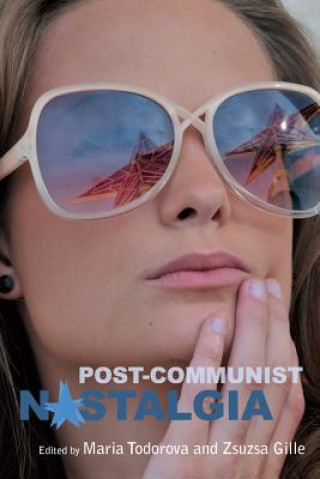
Kód: 04461347
Post-communist Nostalgia
Autor Todorova
This book serves an invaluable function by capturing the rich complexity of nostalgia and marking a moment when questions of postmodern historiography can be applied to a past, the recent Communist one, for which the pressures tow ... celý popis
- Jazyk:
 Angličtina
Angličtina - Vazba: Brožovaná
- Počet stran: 310
Nakladatelství: Berghahn Books, 2012
- Více informací o knize

1123 Kč

Skladem u dodavatele v malém množství
Odesíláme za 10-14 dnů
Potřebujete více kusů?Máte-li zájem o více kusů, prověřte, prosím, nejprve dostupnost titulu na naši zákaznické podpoře.
Přidat mezi přání
Mohlo by se vám také líbit
-

First Course in Linear Algebra
1546 Kč -
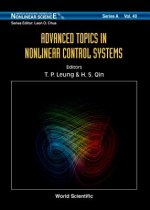
Advanced Topics In Nonlinear Control Systems
3699 Kč -
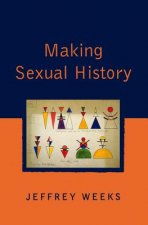
Making Sexual History
2455 Kč -

Numerical Solution of Partial Differential Equatio Equations in Science & Engineering (Paper)
4944 Kč -
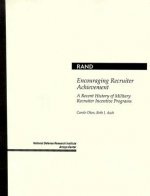
Encouraging Recruiter Achievement
1133 Kč -
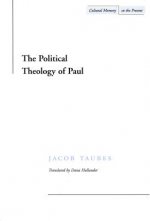
Political Theology of Paul
2964 Kč -

Sacramental Ethics
516 Kč -
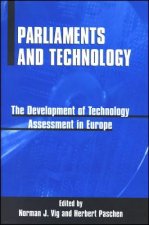
Parliments and Technology
3136 Kč -

Managing Paraeducators in Your School
1808 Kč -
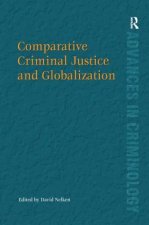
Comparative Criminal Justice and Globalization
5172 Kč -

Rigby Star Guided Lime Level: Quork Attack Teaching Version
213 Kč -

English Journey
1602 Kč -
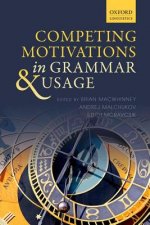
Competing Motivations in Grammar and Usage
5756 Kč -

Military Capacity and the Risk of War
7284 Kč
Darujte tuto knihu ještě dnes
- Objednejte knihu a zvolte Zaslat jako dárek.
- Obratem obdržíte darovací poukaz na knihu, který můžete ihned předat obdarovanému.
- Knihu zašleme na adresu obdarovaného, o nic se nestaráte.
Více informací o knize Post-communist Nostalgia
Nákupem získáte 112 bodů
 Anotace knihy
Anotace knihy
This book serves an invaluable function by capturing the rich complexity of nostalgia and marking a moment when questions of postmodern historiography can be applied to a past, the recent Communist one, for which the pressures toward absolute evaluations are immense. [It] summarizes some of the scholarship that one might include with the "contemporary history" of the region...This volume should have broad general appeal across a market for post-Communist cultural studies and the study of memory. H-Habsburg Overall, this an impressive set of essays that makes a weighty contribution to the study of nostalgia in the European East after socialism. It adds significantly to the burgeoning literature on the infinitely complex and fascinating subject of social remembrance...Scholars and students interested in how memory works (and fails) will find much to appreciate in Post-Communist Nostalgia. Anthropology of East Europe Review The volume is refreshingly iconoclastic...its overall character is kaleidoscopic but all the more fascinating and insightful. Sudosteuropa This volume nicely illustrates that nostalgia talk is symptomatic of ongoing struggles over the 'truths'of postsocialist history...[It]makes an important ethnographic and theoretical contribution to memory, history, and identity studies in the region and beyond. By exploring the complex and often unpredictable social life of socialism in the realm of memory (Berdahl), it illustrates that sometimes, as Todorova claims, it can be very hard to predict what our pasts are going to be. Slavic Review These lively essays make for the rare collection that is greater than the sum of its parts. Bookended by a substantive Foreword and Afterword, they upend the standard 'diagnosis of nostalgia' found across the former Soviet bloc, refuting the popular conception that Eastern Europeans are somehow haunted by the past, and illustrating the repertoire of contemporary post-socialist cultural politics at its most sophisticated Bruce Grant, New York University Although the end of the Cold War was greeted with great enthusiasm by people in the East and the West, the ensuing social and especially economic changes did not always result in the hoped-for improvements in people's lives. This led to widespread disillusionment that can be observed today all across Eastern Europe. Not simply a longing for security, stability, and prosperity, this nostalgia is also a sense of loss regarding a specific form of sociability. Even some of those who opposed communism express a desire to invest their new lives with renewed meaning and dignity. Among the younger generation, it surfaces as a tentative yet growing curiosity about the recent past. In this volume scholars from multiple disciplines explore the various fascinating aspects of this nostalgic turn by analyzing the impact of generational clusters, the rural-urban divide, gender differences, and political orientation. They argue persuasively that this nostalgia should not be seen as a wish to restore the past, as it has otherwise been understood, but instead it should be recognized as part of a more complex healing process and an attempt to come to terms both with the communist era as well as the new inequalities of the post-communist era. Maria Todorova is Professor of History at the University of Illinois at Urbana-Champaign. Zsuzsa Gille is Associate Professor of Sociology at the University of Illinois at Urbana-Champaign.
 Parametry knihy
Parametry knihy
Zařazení knihy Knihy v angličtině Humanities History History: specific events & topics
1123 Kč
- Plný název: Post-communist Nostalgia
- Autor: Todorova
- Jazyk:
 Angličtina
Angličtina - Vazba: Brožovaná
- Počet stran: 310
- EAN: 9780857456434
- ISBN: 0857456431
- ID: 04461347
- Nakladatelství: Berghahn Books
- Hmotnost: 454 g
- Rozměry: 228 × 154 × 16 mm
- Datum vydání: 01. April 2012
Oblíbené z jiného soudku
-

Man's Search for Meaning
178 Kč -
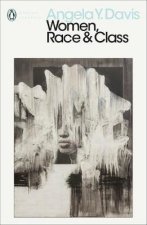
Women, Race & Class
276 Kč -

Pianist
279 Kč -
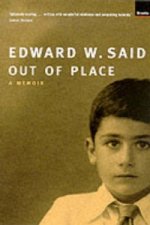
Out Of Place
303 Kč -
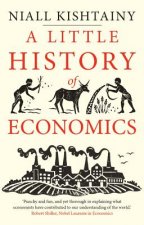
Little History of Economics
350 Kč -
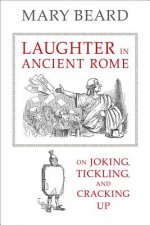
Laughter in Ancient Rome
501 Kč -

Civilization and Capitalism, 15th-18th Century
1611 Kč -

Armies of Medieval Burgundy 1364-1477
395 Kč -

Night
249 Kč -
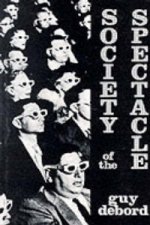
Society of the Spectacle
291 Kč -
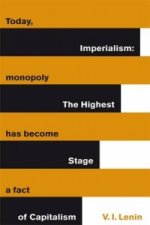
Imperialism: The Highest Stage of Capitalism
196 Kč -
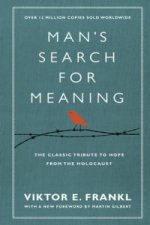
Man's Search For Meaning
410 Kč -
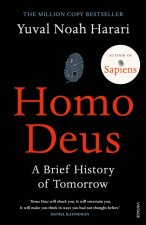
Homo Deus
358 Kč -
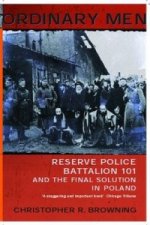
Ordinary Men
306 Kč -

Black Earth
358 Kč -

The Complete MAUS
462 Kč -
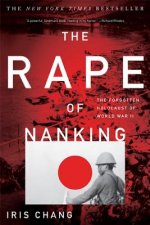
The Rape of Nanking
400 Kč -
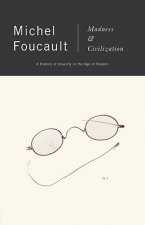
Madness and Civilization
419 Kč -
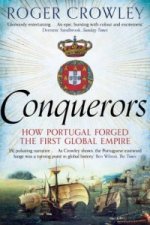
Conquerors
306 Kč -
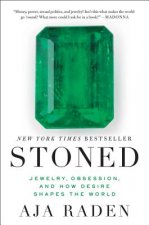
Stoned
276 Kč -

Twelve Years a Slave
90 Kč -

At Home
303 Kč -
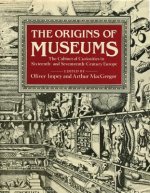
Origins of Museums
1370 Kč -
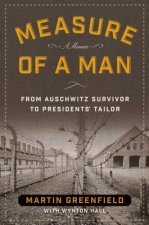
Measure of a Man
373 Kč -
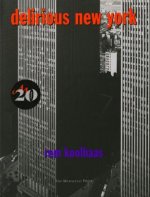
Delirious New York
679 Kč -

Eichmann in Jerusalem
303 Kč -
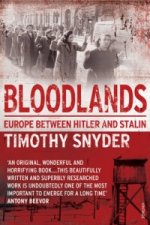
Bloodlands
358 Kč -

Guns, Germs and Steel
357 Kč -

Cold War Submarines
865 Kč -
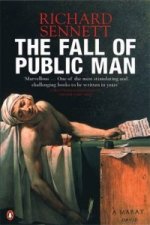
Fall of Public Man
410 Kč -
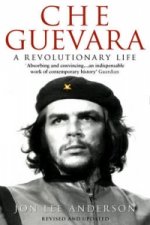
Che Guevara
550 Kč -
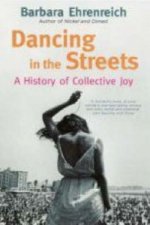
Dancing In The Streets
303 Kč -

Fix the Pumps
350 Kč -

Blue
1018 Kč -

Revolutionary Yiddishland
336 Kč -
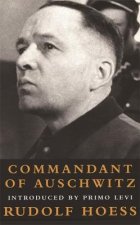
Commandant Of Auschwitz
303 Kč -
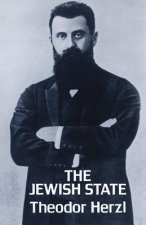
Jewish State
277 Kč -
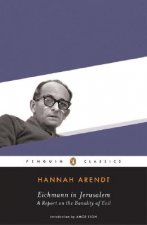
Eichmann in Jerusalem
357 Kč -
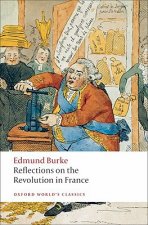
Reflections on the Revolution in France
249 Kč -
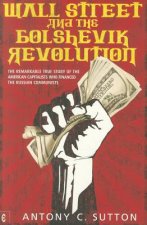
Wall Street and the Bolshevik Revolution
357 Kč -

Corgi Toys
407 Kč -
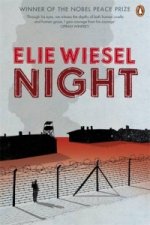
Night
276 Kč -
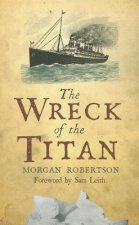
Wreck of the Titan
306 Kč -

McMafia
303 Kč -

Intimate History of Humanity
357 Kč -
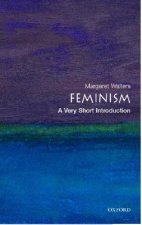
Feminism: A Very Short Introduction
249 Kč -
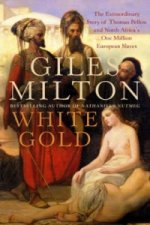
White Gold
357 Kč -
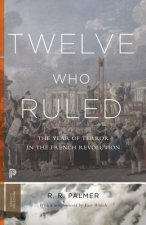
Twelve Who Ruled
602 Kč -
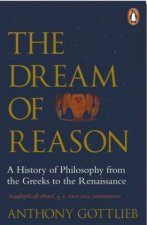
Dream of Reason
357 Kč
Osobní odběr Praha, Brno a 12903 dalších
Copyright ©2008-24 nejlevnejsi-knihy.cz Všechna práva vyhrazenaSoukromíCookies


 Vrácení do měsíce
Vrácení do měsíce 571 999 099 (8-15.30h)
571 999 099 (8-15.30h)